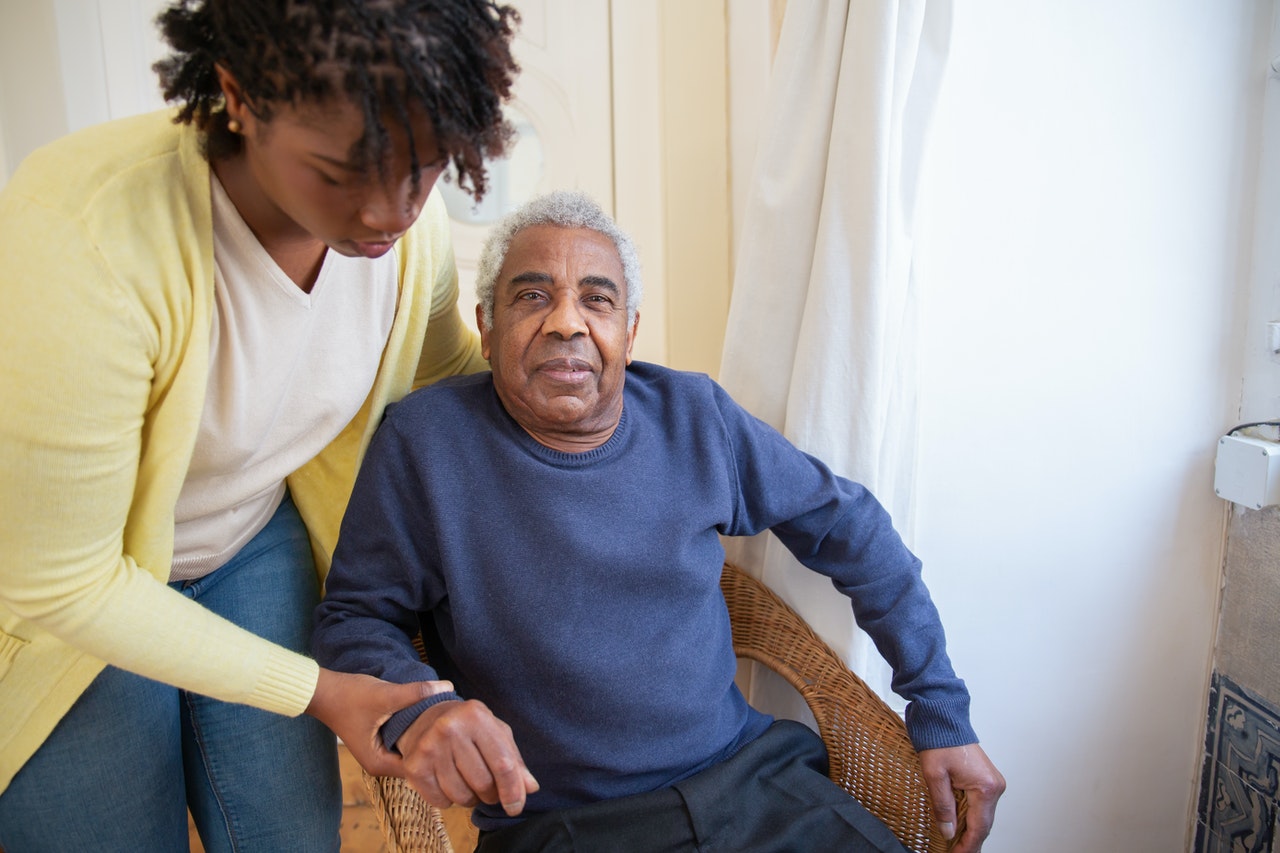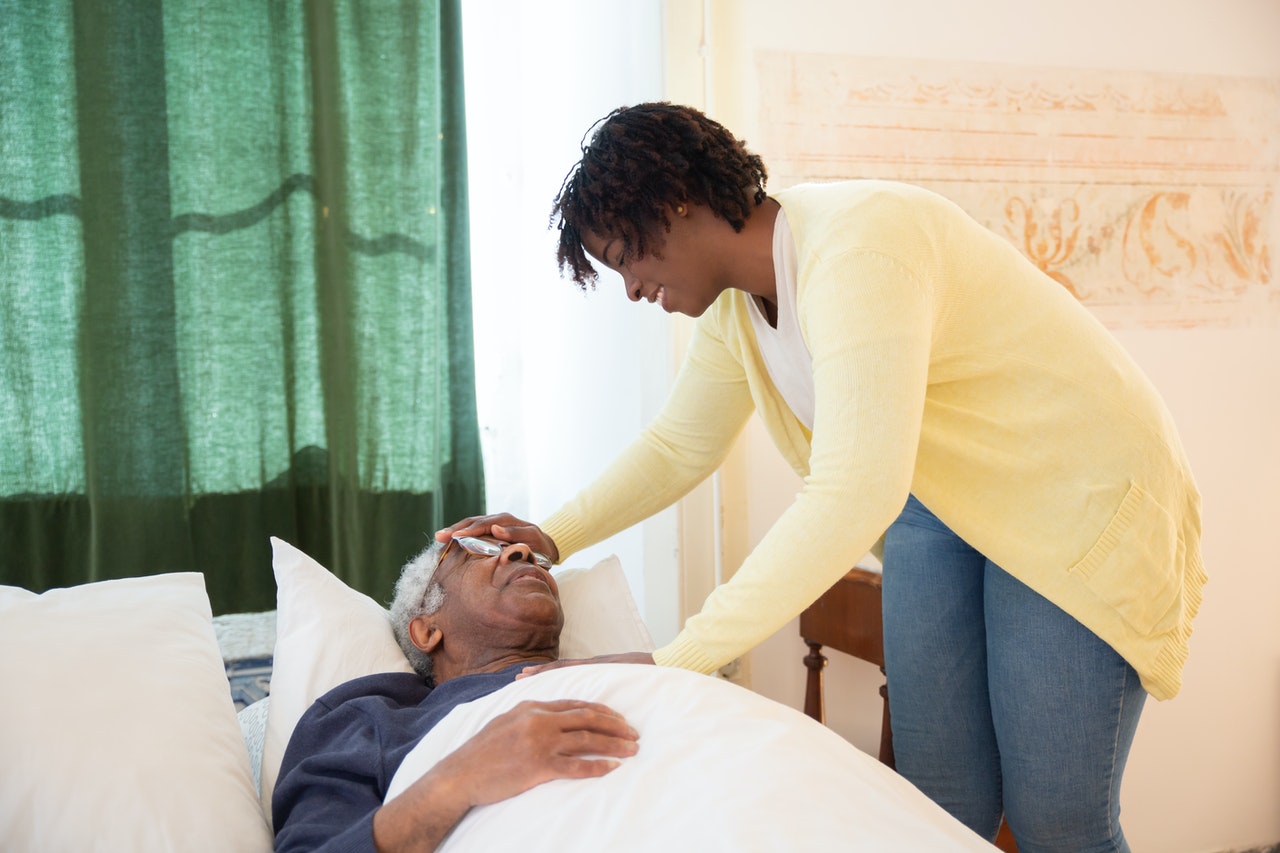As a team at Homely Elder Care Services in Columbia, MD, we are dedicated to addressing the Postoperative Care requirements of our patients compassionately and professionally. Patients with a wide range of diseases receive individualized treatment regimens from us.
The comfort of their own homes and at our brand-new, spectacular residential facility. Our customers’ demands are diverse, and we strive to provide them with the attention they deserve. When it comes to treating clients who have long-term ailments, we are experts. When it comes to helping patients recovering from surgical operations in the near term, we excel.

In Some Cases, It’s For The Best When Things Go From Bad To Worse:
Surgery is something that almost everyone has to deal with at some point in their lives. It can be a frightening and upsetting experience for patients and their families. A diagnosis is necessitated surgical intervention. For many patients, it’s not only the idea of going “under the knife.”
It’s also a very stressful moment for the people who care about them the most. Following surgery, patients who receive the proper post-operative care will be on their way to full recovery in no time. Can expedite patient recovery with the use of this treatment.
At the same time as making sure that their way of life is unaffected while they heal. All of these symptoms have the potential to be upsetting and unpleasant. And the patient must be guided by a qualified healthcare provider. With the help of these signs, they’ll be under as little stress or suffering as possible.
On the other hand, post-surgical problems might develop over time and should be reported to a qualified healthcare provider. You can do to lessen your chances of getting sick. Complications can arise because of things like;
Postoperative Care: Shock
Some individuals may be in a state of shock following surgery. A dangerously low blood pressure drop reduces the amount of blood flowing through the patient’s body and must be treated immediately.
A personal assistant can assist in decreasing shock-related issues, such as the loss of body heat from the usage of blankets. Oxygen treatment or delivering a drip are all examples of ways to raise blood pressure.
Hemorrhage:
During surgery, a hemorrhage occurs when there is a sudden loss of blood. Shock and other difficulties can result as a result of this. Stabilizing the patient may necessitate intravenous fluids or perhaps a blood transfusion.
Infection Of The Wound:
Infection is more likely to spread from a wound than from elsewhere on the body. Keeping the wound clean is an essential element of post-operative care. Routine dressing changes and drainage of any abscesses that develop are performed.

Pulmonary Embolism (Pe) And Deep Vein Thrombosis (Dvt):
Blood clots can form in the central veins deep inside the arms and legs and other areas of the body, resulting in deep vein thrombosis (DVT). Pulmonary embolisms are caused when blood clots break away from the vein and move to the lungs.
When blood clots travel to the lungs, they can obstruct the flow of oxygen-rich blood, creating a life-threatening medical situation. Despite their rarity, these side effects necessitate immediate attention.
At the time they take place. Care assistants who are trained can help minimize these problems while also responding when they do arise. Post-operative care, as we’ve seen, is a multifaceted conflict. Patients are entitled to the kind of care and assistance that helps them recover more quickly, comfortably, and permanently.
Contact Homely Elder Postoperative Care Company’s healthcare. We’ll discover someone who’s a good choice for patients and objectives.

